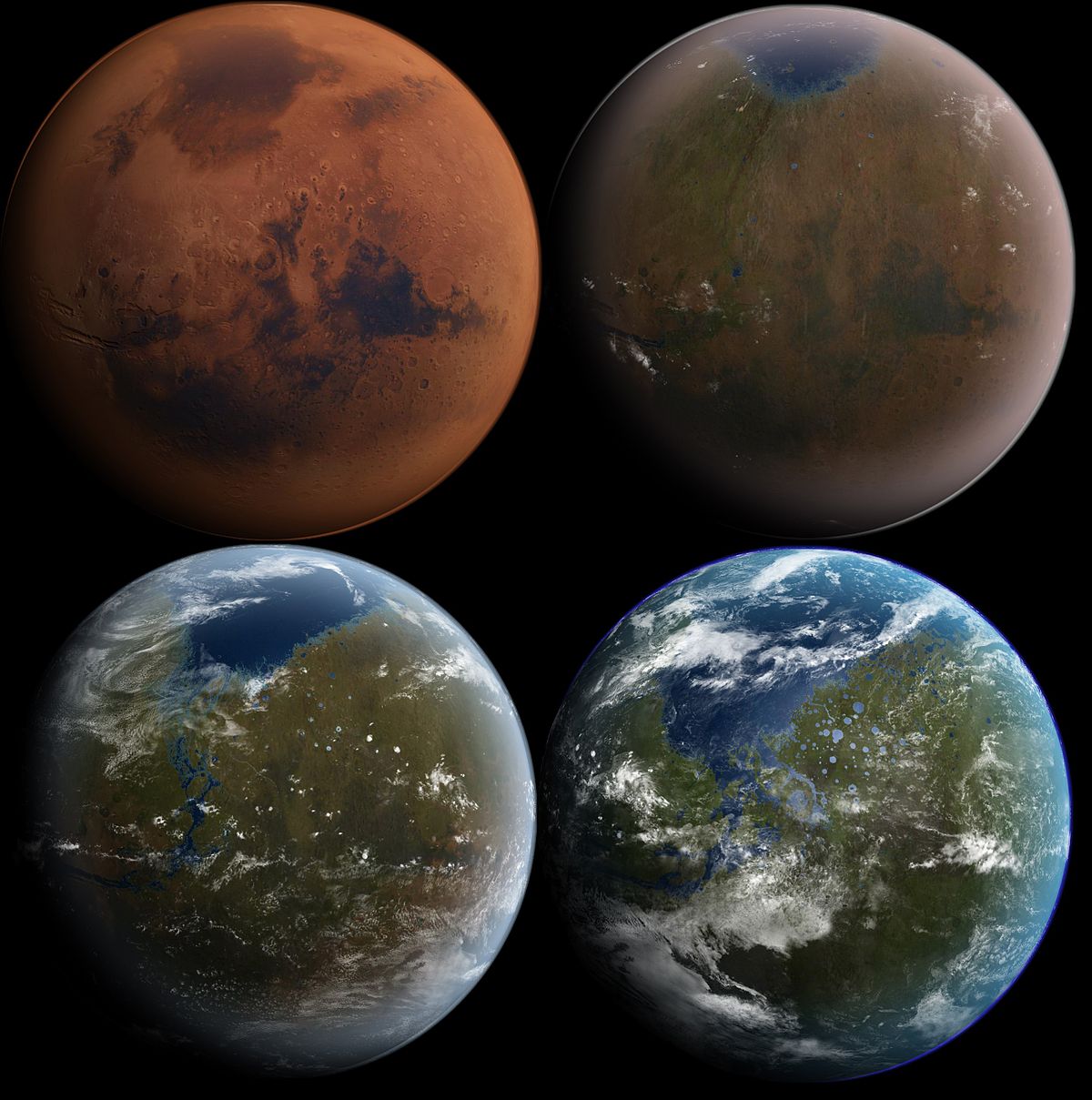There are a great many things to discuss this week, but the best thing I can talk about, somewhat like the event itself, is a brief distraction. I found the SpaceX launch to be both exhilarating and exciting. Today, then, I want to argue why humanity should pursue space travel, from a biblical perspective.
An initial look at the Bible with regards to space will need clarification. Deuteronomy 4:19 warns the nation of Israel against being “lured away” by looking at the Sun and other stars. The Old Testament warns against those who place their haunches amongst the heavens, and give themselves the status of deity. These are references that first require the assumption of the stars as more than celestial objects. Isaiah 47:13 decries the practice of astrology, but Job and the Psalms use the beauty of the stars as praise for the Lord (See Psalm 8:3 and Job 22:12). Just as with biological life, the world, and the sea, so long as we look at them objectively, and not as mystic things, we have a pass. It’s one of the many reasons why (and, God willing, I will report on why) Christianity is the most objective and science-friendly religion in history, atheism included. The discovery that stars are mostly hydrogen and helium fusing in cycles for billions of years discredits a dozen pagan religions but not Christianity. Perhaps specifically because of the Bible, we are capable of comprehending the greater universe and exploring it.
God’s first words to humanity, as described in Genesis, was to “Be fruitful, multiply, fill the earth, and subdue it.” In His infinite wisdom, He knew that humanity was neither capable nor content with staying in the same place for all time. Humanity would stagnate and fall otherwise. This was not just because humanity was at that time free from sin; He gave the same command to Noah, with the exception of subduing the world. Humans now populate every corner of the earth. Humanity now explores much less. The most advanced populations are slowly falling in number, and we feel chained even during our most liberating time. Perhaps space exploration is the answer to our prayers.
The story of the Tower of Babel covers a wide variety of my sentiments on the issue. Humanity inherited Noah’s commission: to be fruitful and multiply, and to fill the earth. This is Lesson One: humanity was designed and called by God to expand and explore. When the ends of the earth have been reached, I believe that space is the next viable option. The builders of the Tower of Babel sought to deify themselves through the construction of the Tower of Babel. That is Lesson Two: space is not for the sake of one’s own glory, nor even for the glorification of humanity. It is for the glorification of God, for God made the heavens, just as He made the earth. Concluding the story, God confounded the ancient builders, so that construction on the Tower of Babel was permanently halted. And this is the third, and I believe the most important, lesson. If we stray too far from God’s plan, if we come too close to destruction or stagnation, God will stop us and set us back on the right course. Hitler would have spent decades of genocide killing tens of millions if he had his way. But, through economic impossibilities and internal decay, God prevented Hitler’s dream from becoming reality. There have been many, many close calls involving nuclear weapons, but the last time one was used in war is still 1945.
I find space exciting. I find no symbolism or salvation in the stars, but I find a bright hope. I find a way to fulfill God’s commandment to be fruitful and multiply. And so, I want to claim outer space in the name of God.


Leave a Reply